
The University of Washington School of Public Health is thrilled to welcome new faculty members to our community who were recruited as a result of competitive national/international searches and have recently received their Board of Regents approval. These faculty specialize in areas that include sexual and reproductive health, population aging, health disparities and culturally appropriate interventions, and epidemiology and infectious diseases. Their work demonstrates a commitment to achieving health equity and co-creating positive change with our communities.
"We are immensely proud to welcome these exceptional faculty members to the University of Washington School of Public Health,” says SPH Dean Hilary Godwin. “Their diverse expertise represents the future of our School; one of innovation, collaboration, and unyielding commitment to health equity. This marks the third consecutive year of large cohorts of outstanding new faculty, and I want to extend my heartfelt gratitude to the committees and everyone who has engaged in the search processes. Together, we are shaping a brighter and healthier future for all."
Megha Ramaswamy, professor and incoming chair, Health Systems and Population Health
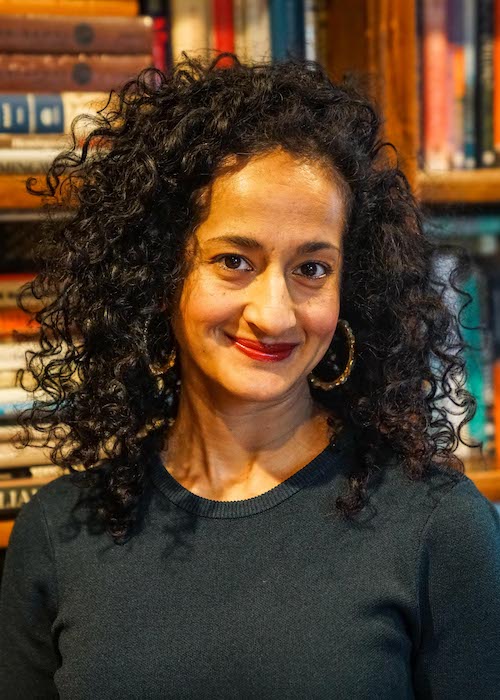
Dr. Ramaswamy is a public health researcher, teacher and mentor who works in the fields of sexual and reproductive health, cancer prevention and criminal legal system research. Her research has been continuously supported by the National Institutes of Health/National Cancer Institute, with a portfolio totaling $15 million for research and training.
Katarina Mucha, assistant teaching professor, Global Health

Dr. Mucha’s scholarship focuses on the study of health disparities to develop and create culturally appropriate interventions and programs for immigrant, minority and traditionally underrepresented communities. Her work is guided by a community-based participatory research approach designed to re-shape and advance the field of global health to achieve social equity and ethical engagement in socially disadvantaged populations.
Neil Sehgal, associate professor, Health Systems and Population Health
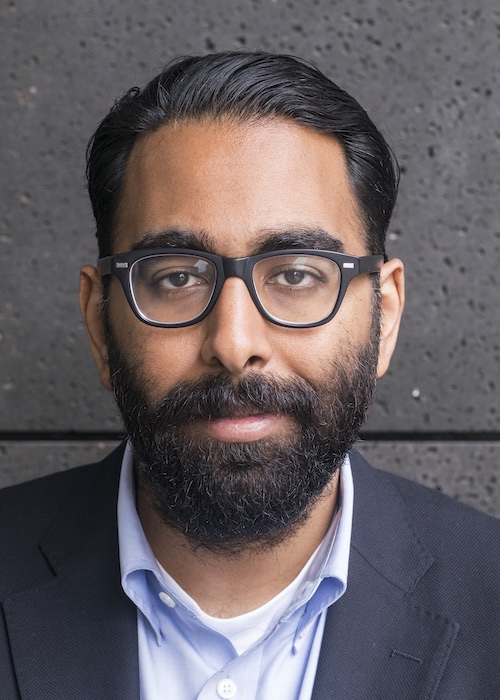
Dr. Sehgal is a health services researcher trained in organizational behavior, whose research focuses on COVID-19, health equity and disparities, the healthcare workforce, and outcomes of care. Sehgal has secured funding from the National Science Foundation, National Institutes of Health, and Fred Hutchinson Cancer Research Center, among many other agencies.
Sarah Masyuko, assistant professor, Global Health

Dr. Masyuko’s research interests are in implementation science with the direct translation of research results into policy and practice in HIV prevention, care and treatment and non-communicable diseases in low- and middle-income countries. She has been the lead of the HIV Testing Services and Pre Exposure Prophylaxis (PrEP) program at the National AIDS and STI Control Program with the Kenyan Ministry of Health.
Stipica Mudrazija, assistant professor, Health Systems and Population Health

Dr. Mudrazija studies issues related to population aging, intergenerational support, and health and wellbeing of older adults in the United States and internationally, and is an elected member of the National Academy of Social Insurance. His research has been supported by the National Institutes of Health and other federal agencies, as well as major foundations and philanthropic organizations.
Jeanie Santaularia, assistant professor, Epidemiology
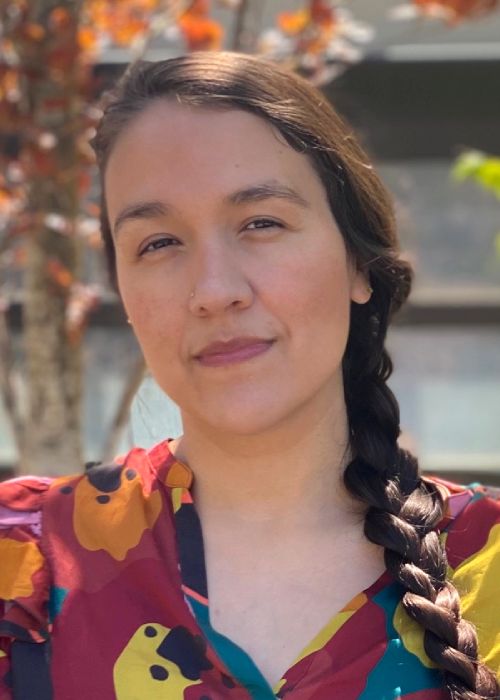
Dr. Santaularia is an interdisciplinary population health researcher. Her primary areas of research include violence prevention, social epidemiology, health equity, and social determinants of health. Her research examines how: (1) social and institutional determinants influence violence; and (2) violence gets under the skin or is ‘embodied’ to impact health.
Adrienne Shapiro, assistant professor, Global Health

Dr. Shapiro is an infectious diseases physician and epidemiologist. Her research focuses on strategies to improve diagnosis and prevention of tuberculosis (TB), particularly for people with HIV and in resource-limited settings. She conducts clinical trials and observational studies to address disparities in TB and HIV prevention and care, including research on vaccines to prevent TB, HIV, and other diseases.
Editor’s note: This post has been updated to include the following new faculty who will be joining SPH in 2023-2024, pending UW Board of Regents approval.
Hyunju Kim, assistant professor, Epidemiology

Dr. Kim is a nutritional epidemiologist with a strong interest in multiple omics data. Her research focuses on 1) building evidence on the role of diets for cardiovascular disease prevention, 2) identifying metabolic and biologic pathways that are modifiable by healthy diets, and 3) uncovering early biomarkers and therapeutic targets of cardiovascular disease and kidney disease.
Kevin Lin, assistant professor, Biostatistics
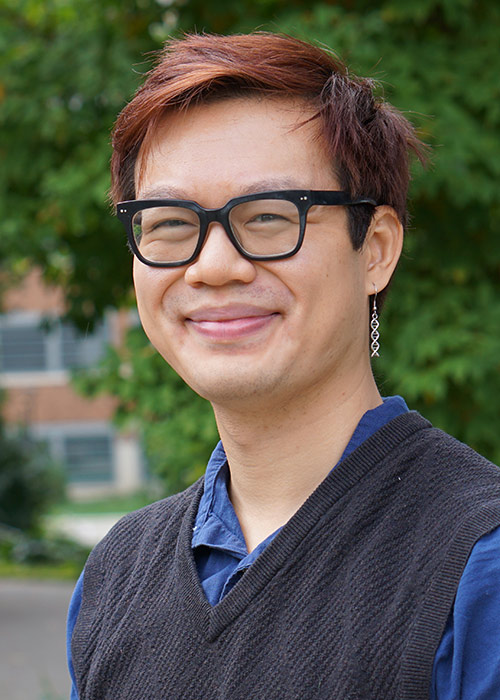
Dr. Lin’s work develops statistical methods to advance single-cell biology, focusing on discovering and quantifying the mechanisms that allow cells to adapt or differentiate over time. He has investigated various biological systems through single-cell sequencing data, such as the human developing brains to understand the autism spectrum better or cancer cell lines to understand acquired resistance better.
Guanghao Qi, assistant professor, Biostatistics
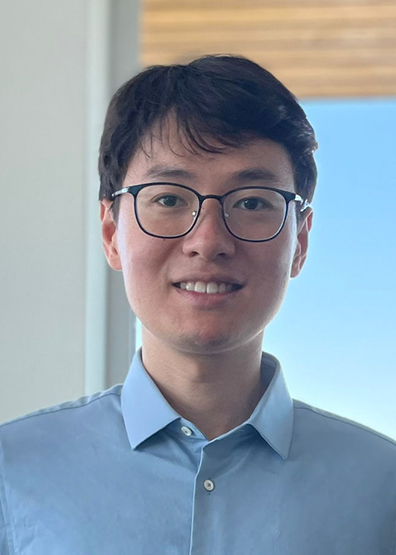
Dr. Qi’s research centers around the development of statistical and machine learning methods for large-scale genetic and genomic studies. Specific areas of interest include statistical genetics, Mendelian randomization, and single-cell genomics. Qi earned his PhD in Biostatistics from Johns Hopkins in 2020 and completed postdoc training at Johns Hopkins University.
Logan Trenaman, assistant professor, Health Systems and Population Health
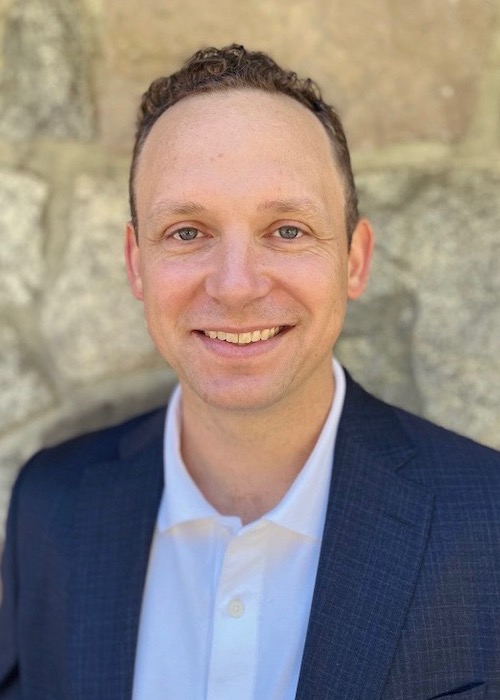
Dr. Trenaman conducts patient-oriented health services research that aims to ensure that patient values, needs and perspectives are incorporated in health care decision-making and delivery. His research includes developing and evaluating tools to support shared decision making, analyzing routinely collected patient reported data and conducting preference elicitation surveys to understand what matters most to patients and other key stakeholders.
Karima Lalani, assistant teaching professor, Health Systems and Population Health
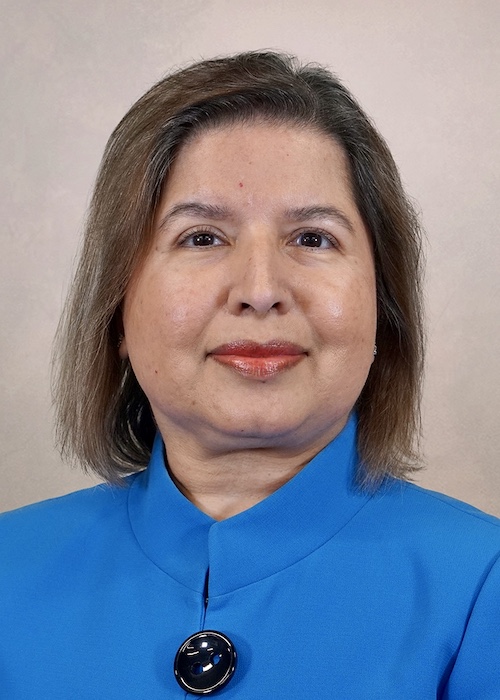
Dr. Lalani is a researcher focusing on health informatics, workforce development, COVID-19’s impact on mental health of first responders and financial performance of teaching hospitals. She is an experienced administrator and a fellow of the American College of Healthcare Executives. She has taught health informatics, finance, and management courses, and has authored/co-authored peer-reviewed publications, book chapters and abstracts.
Tanya Karwaki, assistant teaching professor, Health Systems and Population Health

Dr. Karwaki's scholarship focuses on the intersection of health law, bioethics, and health policy, and her research examines the impact of law and regulation on health care access and delivery, including emerging trends in health care delivery, health care professionalism, and provider-patient relationships. She is a quadruple Husky.
Tzu-Hsin Karen Chen, assistant professor, Environmental and Occupational Health Sciences and Urban Design and Planning

Dr. Chen is a geographer who finds great interest in the synergy of machine learning and satellite imagery analysis. Her recent research primarily focuses on urban environmental change and its implications for public health and health inequality. Her expertise includes developing innovative frameworks using deep learning to reconstruct high-resolution urban form information across time.